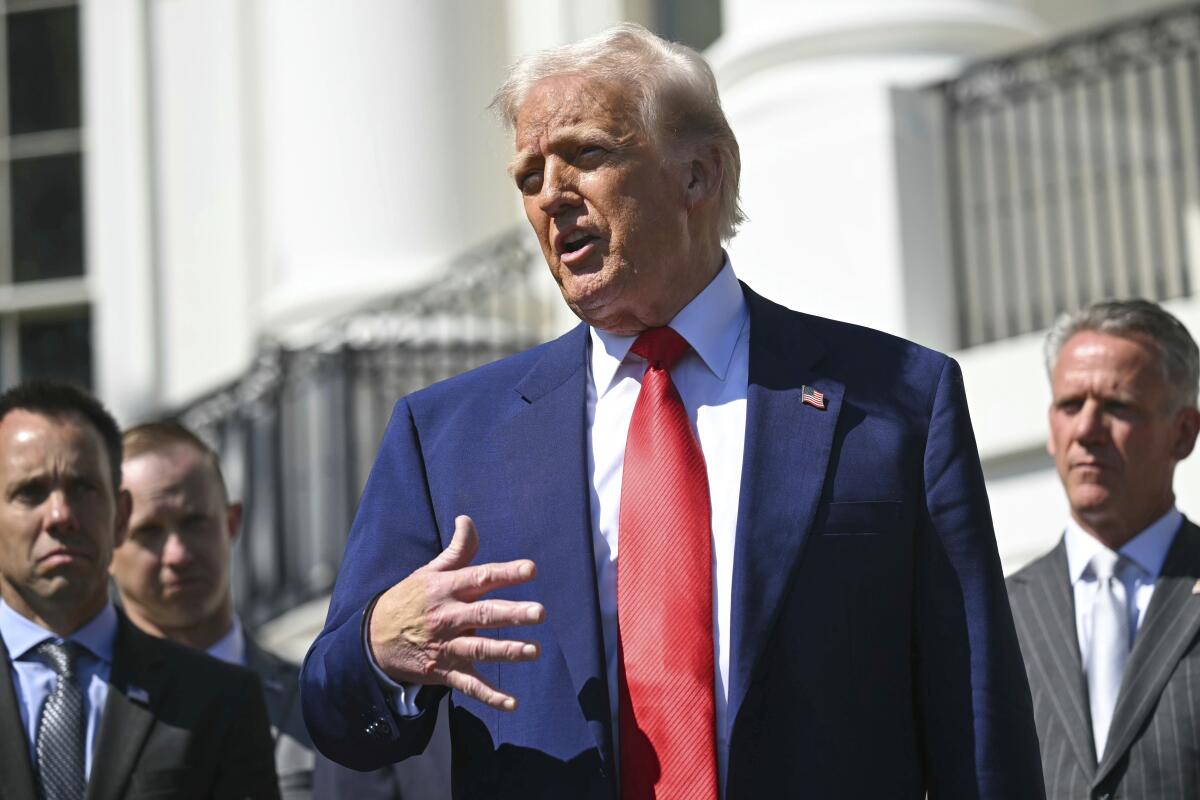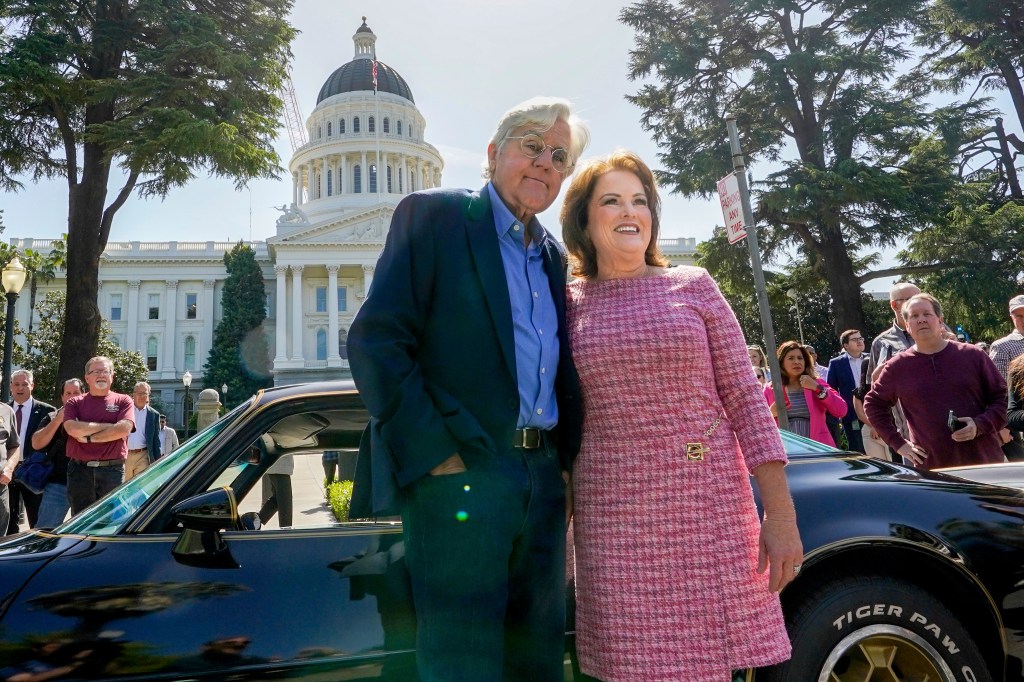Executive Summary
- Doug Yates, CEO of Roush-Yates Engines, believes a horsepower increase to 750 is achievable without major cost implications.
- NASCAR officials acknowledge driver feedback on horsepower but cite cost as a primary concern against significant increases to levels like 900 or 1000hp.
- The debate revolves around balancing improved racing action, particularly on short tracks, with controlling costs and attracting/retaining manufacturers like Dodge.
Event Overview
The NASCAR community is currently embroiled in a debate regarding horsepower levels in the Cup Series cars. Drivers, team owners, and engine builders have voiced concerns that the current 670 horsepower package is insufficient, especially on short tracks, leading to less exciting racing. The primary point of contention revolves around the cost implications of increasing horsepower versus the potential benefits of improved on-track competition. NASCAR officials are listening to feedback but remain cautious about escalating costs, especially given the need to attract and retain manufacturers. A potential increase to 750 horsepower is being discussed as a compromise.
Media Coverage Comparison
| Source | Key Angle / Focus | Unique Details Mentioned | Tone |
|---|---|---|---|
| tbychristie.com | Doug Yates' perspective on horsepower increase feasibility. | Yates believes 750hp is achievable without major engine program overhaul. He also discussed the failed 'Run What Ya Brung' concept. | Informative |
| On3 | NASCAR's response to calls for increased horsepower. | Mike Forde acknowledges driver feedback and says NASCAR will 'seriously' consider a 750hp increase. Mentions Dodge's potential return and rumored V8 engine. | Cautious, Non-committal |
| Backfire News | General desire for more horsepower to enhance racing excitement. | Highlights the balance between increasing power and avoiding escalating costs that deter manufacturers. Notes current engine usage of approximately two races before refurbishment. | Advocating |
| PFSN | Joe Gibbs Racing's view on the horsepower debate, with emphasis on cost concerns. | Highlights Chris Gabehart's agreement with Yates on a moderate increase. Compares recent Bristol race with low lead changes to a previous race with high tire wear. Mentions NASCAR's John Probst's remarks on cost concerns. | Balanced, Analytical |
Key Details & Data Points
- What: The core issue is whether to increase horsepower in NASCAR Cup Series cars, balancing potential improvements in racing with the costs involved.
- Who: Key individuals include Doug Yates (Roush-Yates Engines), Mike Forde and John Probst (NASCAR officials), Chris Gabehart (Joe Gibbs Racing), and various drivers and team owners.
- When: The debate has been ongoing for months, with increased attention following underwhelming short-track races. Dodge's potential return in 2026 is a relevant factor.
- Where: The discussion is relevant to all NASCAR Cup Series racetracks, with a particular focus on short tracks like Bristol Motor Speedway.
Key Statistics:
- Current horsepower: 670 (except superspeedways at 510)
- Proposed horsepower increase: 750
- Pre-2015 horsepower: Over 850
Analysis & Context
The horsepower debate in NASCAR reflects a fundamental tension between improving the racing product and managing costs. While engine builders like Doug Yates believe a moderate increase to 750 horsepower is feasible without significant expense, NASCAR officials are wary of escalating costs that could deter manufacturers and burden teams. The return of Dodge adds another layer to the discussion, suggesting that manufacturer interest in V8 engines may not be entirely dead. Ultimately, NASCAR must weigh the potential benefits of increased horsepower – improved racing action and fan engagement – against the economic realities of the sport.
Notable Quotes
If we were to increase the power from 670 horsepower to about 750 horsepower, that probably wouldn’t be much of a change for us today.
I. Agree.
I don’t want to make any promises or get anyone’s hopes up, but that is, we seriously listen to the drivers and their feedback, and we’ll see what we can do there.
If you add the horsepower, you add the cost, then you see if it is better. There’s no guarantee you get there, and it would be any better.
Conclusion
The NASCAR horsepower debate continues with potential for a moderate increase to 750 HP gaining traction among drivers and teams, although NASCAR's focus on cost control remains a primary concern. The return of Dodge to the Truck Series in 2026, with plans to advance to the Cup Series as early as 2027, introduces new dynamics, especially with Dodge exploring engine manufacturers for a potential Cup Series return in 2028. NASCAR is also considering hybrid technology and exploring electric vehicle prototypes, signaling a commitment to sustainability and aligning with consumer trends. While a move to 900 or 1000 HP engines is unlikely due to cost, NASCAR is actively listening to driver feedback regarding a 750 HP option. The series faces the challenge of balancing improved racing, manufacturer attraction, and team financial stability as it navigates evolving engine technologies and potential regulation changes.
Disclaimer: This article was generated by an AI system that synthesizes information from multiple news sources. While efforts are made to ensure accuracy and objectivity, reporting nuances, potential biases, or errors from original sources may be reflected. The information presented here is for informational purposes and should be verified with primary sources, especially for critical decisions.









